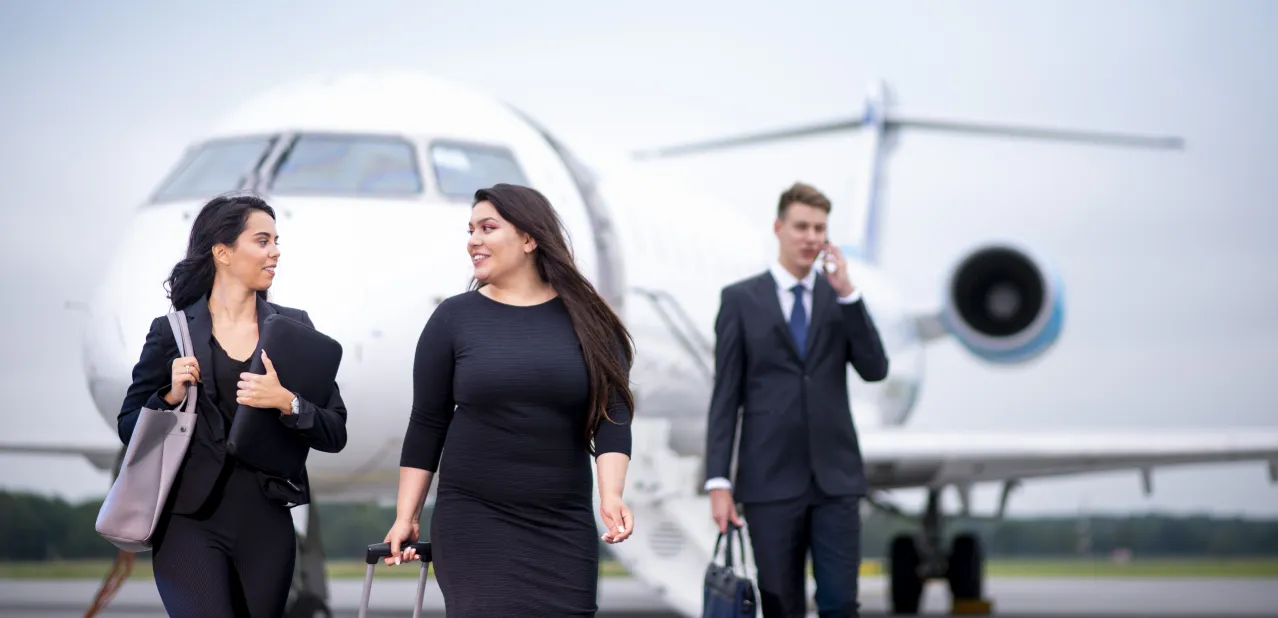
1. The travel industry should prepare for gamechangers
“Responding to what happens in society is crucial in tourism. You cannot predict everything, but in some cases you can, if you know how to recognise the signs. That is why the travel industry needs to be well aware of world-wide current events and how this may affect the industry. It is unclear whether Thomas Cook, a travel agency that has recently filed for deferred payment, had sufficient insights into this. They have many British clients. This group has seen a decline in income over the past years and I understand that many have also stayed home because of the Brexit insecurities. The term staycation -derived from staying home and going on vacation- originated there for a reason. All these factors can influence the way people spend their vacations and the industry should respond accordingly.”
2. From destination to experience: the influence of generation Y
“Generation Y (millennials), born between 1980 and 2000, go about their vacations differently from previous generations. They do not care for picking up keys but would rather log in with a key card. They use cards rather than cash. They prefer a good Wi-Fi signal over widescreen television. Their destination is not what gives them status, the experience does. Eating at a restaurant should not only be about delicious foods but also a meaningful experience. Visiting Africa for an afternoon of Big Five spotting is nice. Spending five days in an African village and enriching your live is probably even better for generation Y.”
3. From travel agency to online: the influence of generation Z
“Generation Z (screenagers), born between 1995 and 2010, are the first real digital generation. They cannot imagine a life without the internet, and it shows in the area of vacation. They search the web for the best deals and prettiest apartments. It is almost like a game to them. However, we do see a shift with this generation as well. Young people arrange many things themselves, but they realise that it can come in handy to go for a package deal. Why would you spend so much time researching everything, when an expert can probably do a better job?”
4. Even when together, you can travel solo
“You do not always need you partner, children or friends when you want to go on holiday. We see an increase in people who choose to leave their loved ones behind to travel solo. They might go on a cycling trip with like-minded people, spend the weekend in London, or go on a yoga retreat. Travelling solo does not necessarily mean that you have to spend your time all by yourself on a tropical island, though you could, of course.”
5. Multigenerational travel: with grandpa and grandma in a bungalow
“Going on holiday with multiple generations, that is multigenerational travel and we see it happening more often. It is often the millennials with their parents and children. This also influences the type of holiday they go on and the type of accommodation they look for. When you go on holiday with that many people, you want facilities for all generations. And if you are in a bungalow, it should be big enough and preferably have multiple bathrooms and maybe even more than one kitchen. Because of compound families, there are often bigger groups. Theoretically, that could mean eight grandparents and a large number of kids.”
6. We need to look forward: the quality of life of the local communities stays important
“Tourism has positive and negative effects, and this is especially true for tourist hotspots. It is great to see so many people visit our country, but it is also too busy at times. Consider Giethoorn, for instance, where you would trip over other people. And in Amsterdam as well; whole shopping areas consist of AirBnBs, ice-cream parlours, and waffle stands. Sustainable tourism is often about technology, but in the end the question is: how can tourism contribute to the quality of existence? This holds true for both the tourist and the locals.”
Albert Postma is professor (applied sciences) at the Scenario Planning professorship. It focuses on what the tourism, hospitality, and leisure industries will look like in 10 to 15 years.



